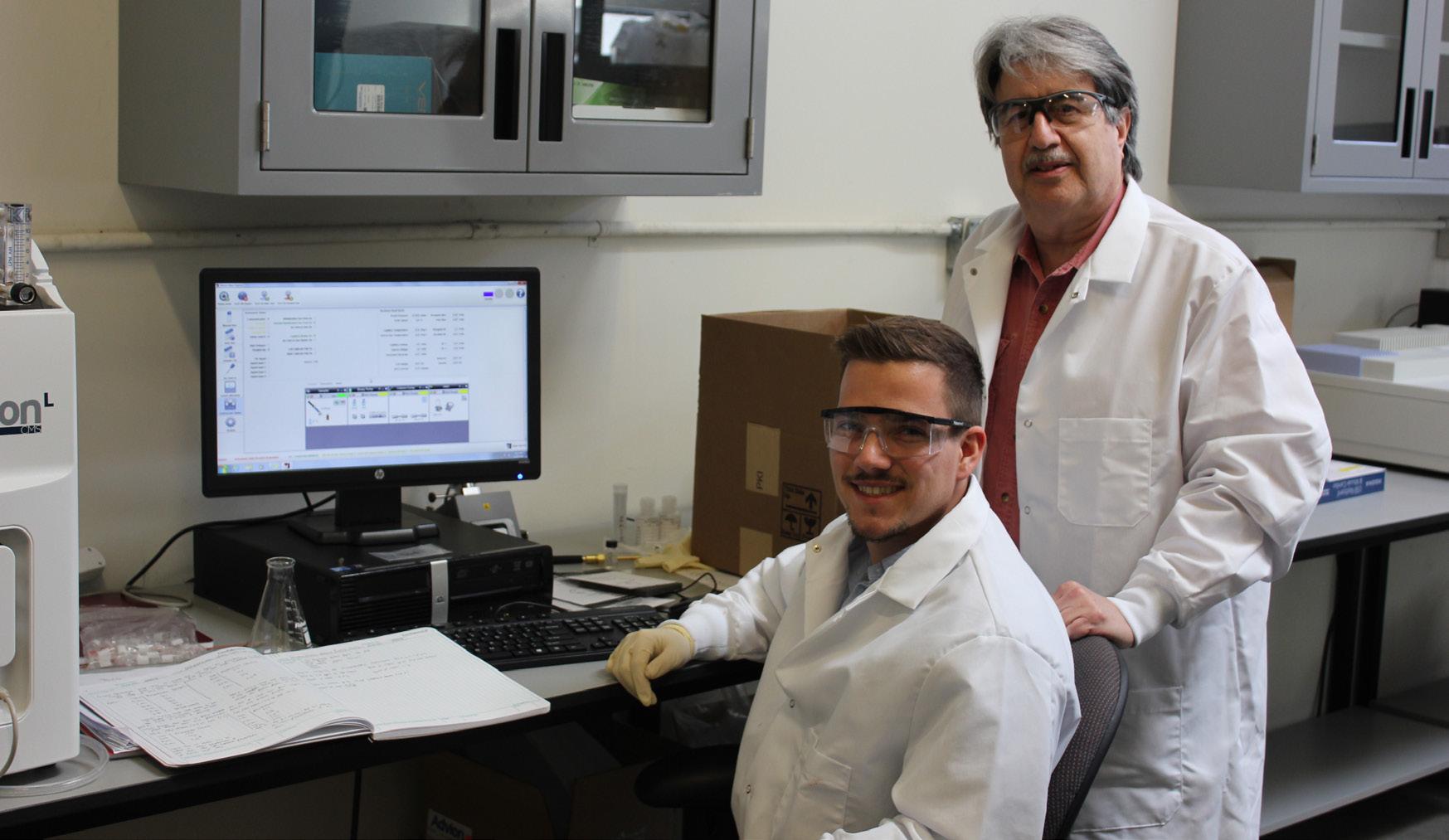
2 minute read
Important Roles
ALL INTERNSHIPS SHOULD
A
Advertisement
* Include a signed Internship Placement Agreement with a senior representative of the partner agency or corporation and the University procurement officer as designated signature authority. In this agreement, it must be stated that the university assumes no risk or liability and that the sponsoring agency/ corporation assumes full responsibility for the liability of the intern, affirming that they have requisite insurance to cover any potential harm to the intern, and include basic information such as location, contact person, and organization description.
Include a learning agreement signed by the student, sponsoring faculty, and placement supervisor listing the learning goals of the internship and the duties and responsibilities of each party, notifying the student of the assignment of liability, terms and conditions and the listing of relevant agency policies, and the date the internship begins. This includes mention of whether the intern is paid and conditions for receiving academic credit.
Faculty and/or programs must maintain a file of the signed forms. The Dean of Faculty will also retain a sample copy of internship forms that are used.
B
*This requirement is pursuant to Executive order 849, page 6: “Student placement agreements must be in writing and shall specify minimum insurance requirements applicable to the contracting parties and appropriate hold harmless provisions based upon the needs of the contracting parties. The following hold harmless provisions may be used as a minimum: Hold Harmless Provision: CI shall be responsible for damages caused by the negligence of its officers, employees and agents. Trustees shall be responsible for the damages caused by the negligence of its officers, employee and agents. The intent of this paragraph is to impose responsibility on each part for the negligence of its officer’s employees and agents.”
Role of Career Development & Alumni Engagement Staff Our role is to assist students and faculty in connecting to employers and alumni through events and workshops and provide career counseling services. Staff will assist students with career assessments, exploration, resume/ cover letter review, and job/internship search strategies.
Role of the Intern For the intern, the internship is an opportunity to integrate classroom theory, gain practical skills and develop career-related work experience. It is the sole responsibility of the student to initiate the process to earn academic credit for an internship.
Role of the Faculty Ensure the students are gaining a quality educational and pre-professional experiential learning opportunity through the academic credit process.
Role of the Employer • Ensure the internship they are offering is meaningful and will serve to enhance the student’s educational experience and career development. • Establish learning objectives and development skills in relation to the internship experience and then structure and supervise the internship to meet the outlined objectives. Additional departmental specific outcomes may be required for Academic Credit Internships.
TYPES OF INTERNSHIPS
Paid Internships A paid internship would be arranged between the intern and employer. The pay may be in the form of an hourly wage or salary. It will be up to the intern and employer to negotiate the pay and terms of agreement for this type of internship. The university has no role in this negotiation.
Academic Credit Internships An academic credit internship would be arranged between the intern, employer and sponsoring faculty/ course instructor. The prospective intern must take the initiative to prepare the paperwork and documents necessary for academic credit.






